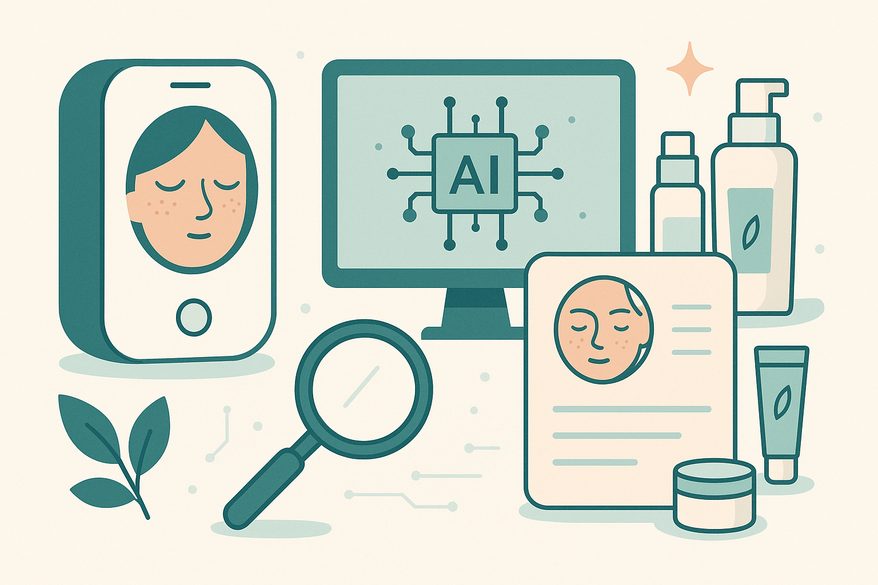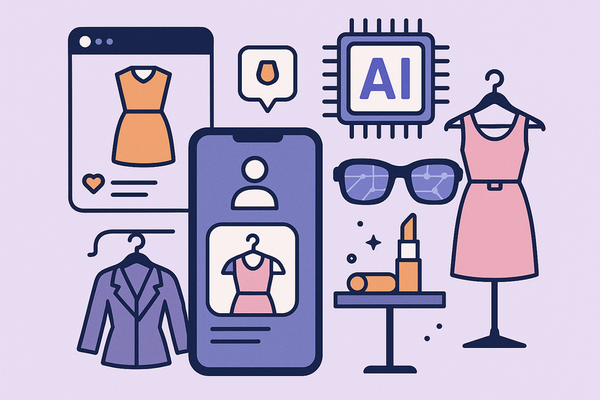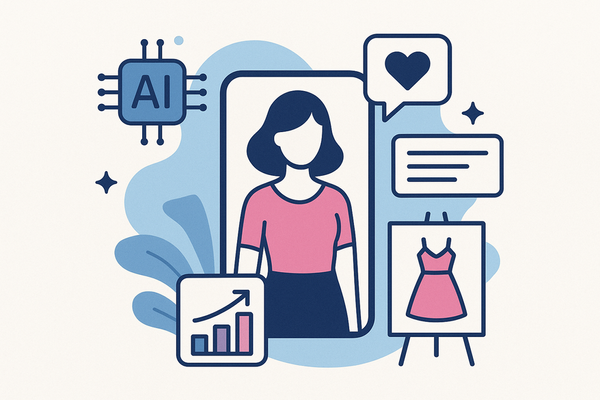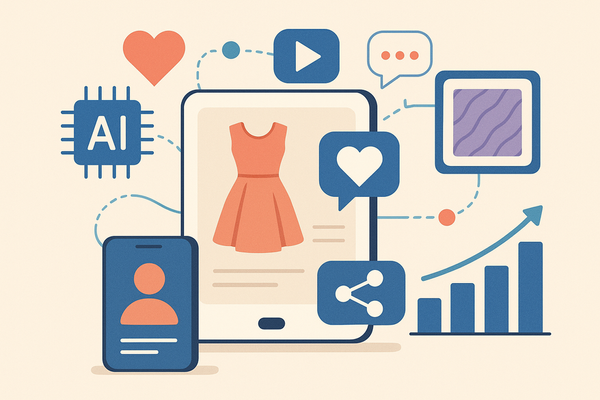Personalized Skincare Analysis Tool: The Ultimate Guide to Tailored Skin Health
Discover how personalized skincare analysis tools use AI to deliver tailored skincare routines for enhanced skin health and beauty.

Estimated reading time: 8 minutes
Key Takeaways
- AI-powered precision: Delivers tailored routines by analyzing texture, hydration, pigmentation, and fine lines.
- Dynamic tracking: Quantitative metrics monitor progress and trigger routine adjustments.
- Superior to traditional methods: Objective, data-driven analysis replaces guesswork and subjective assessments.
- Versatile applications: Effective for sensitive skin, acne treatment, and anti-aging strategies.
- Innovative future: Wearables, AR simulations, and advanced predictive algorithms on the horizon.
Table of Contents
- Introduction
- What Is a Personalized Skincare Analysis Tool?
- The Growing Importance of Personalization in Skincare
- How It Works
- Benefits
- Comparison with Traditional Methods
- Practical Applications
- Considerations and Limitations
- Future Trends and Innovations
- Conclusion
Introduction
A personalized skincare analysis tool harnesses advanced diagnostics and AI to evaluate your unique skin—type, condition, and concerns—and crafts a bespoke regimen. As generic products often cause irritation, waste, or limited results, data-driven routines are now in demand. In fact, 74% of buyers seek personalized solutions over one-size-fits-all formulas.
For a deeper dive into structured skin assessments, check out our Skin Analysis Test Guide.
What Is a Personalized Skincare Analysis Tool?
This AI-powered platform gathers user data—photos, questionnaires, concerns—and analyzes texture, hydration, pigmentation, and fine lines to deliver a dynamic skincare plan. Through robotic process automation and machine learning, it provides objective diagnostics that evolve with your skin.
- Data collection via high-resolution imaging
- AI-driven image and data analysis
- Tailored product selection based on barrier function and sebum profile
The Growing Importance of Personalization in Skincare
Market trends highlight diverse skin types and complex conditions. With 68% of consumers frustrated by ineffective products, personalization is key. AI tools continuously retest and refine regimens, adapting to seasonal changes, hormones, and lifestyle factors to prevent plateauing.
How It Works
Data Collection: Controlled lighting photos plus detailed questionnaires capture your age, habits, and targeted concerns.
AI Analysis: Algorithms scan for texture irregularities, pore size, hydration, and pigmentation. Predictive models forecast potential issues.
Skin Type Assessment: Classifies into oily, dry, combination, or sensitive, guiding ingredient choices.
You can explore more on these AI-driven skincare systems here.
Benefits
Personalized Recommendations
- Precision ingredient matching reduces irritation risks
- Boosts adherence through visible improvements
Dynamic Progress Tracking
- Quantitative metrics track hydration, pore size, and brightness
- Routine tweaks when progress stalls
Discover customized routine workflows here.
Comparison with Traditional Methods
- Approach: Subjective one-size-fits-all vs data-driven customization
- Assessment: Manual evaluation vs AI-powered objectivity
- Tracking: Anecdotal logs vs quantitative feedback loops
AI-driven tools offer consistency, objectivity, and adaptability.
Practical Applications
Sensitive Skin: Identifies irritant-free actives like ceramides.
Acne: Targets triggers with balanced actives (salicylic acid, niacinamide).
Anti-Aging: Custom retinol dosages plus antioxidants and peptides.
Considerations and Limitations
- Accuracy: Influenced by camera quality, lighting, and questionnaire fidelity.
- Privacy: Review GDPR/CCPA compliance before sharing biometric data.
- Not a Substitute: AI aids early detection but cannot replace professional exams.
Future Trends and Innovations
- Advanced AI will decode genetic and environmental skin markers.
- Wearables may monitor hydration and UV exposure in real time.
- Augmented reality will enable virtual before-and-after simulations.
- Adaptive recommendations will adjust doses based on daily conditions.
Conclusion
These AI-enabled platforms revolutionize skincare by delivering tailored routines, early detection, and quantifiable progress. Pair AI insights with professional care to unlock your healthiest, most radiant skin.
For a closer look at how AI can rate and guide your glow-up journey, check out Maxx Report and see how personalized insights drive real results.
FAQ
- How accurate are AI skin analysis tools? Results depend on photo quality and user responses. Following capture guidelines improves reliability.
- Is my data secure? Choose tools with end-to-end encryption and GDPR/CCPA compliance.
- Can AI replace a dermatologist? AI complements but does not replace professional evaluations for persistent or severe conditions.





